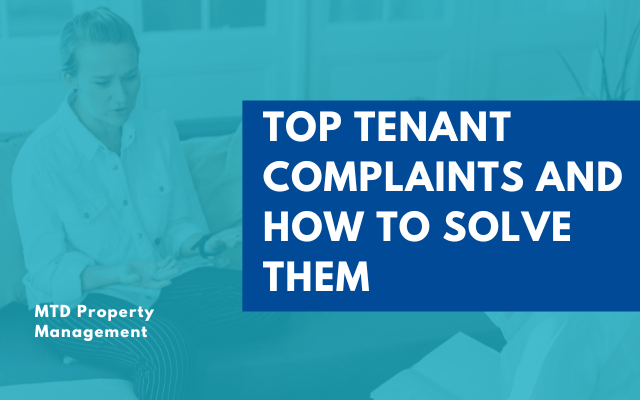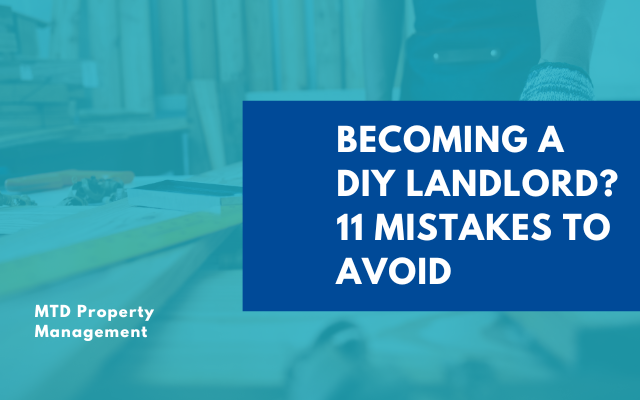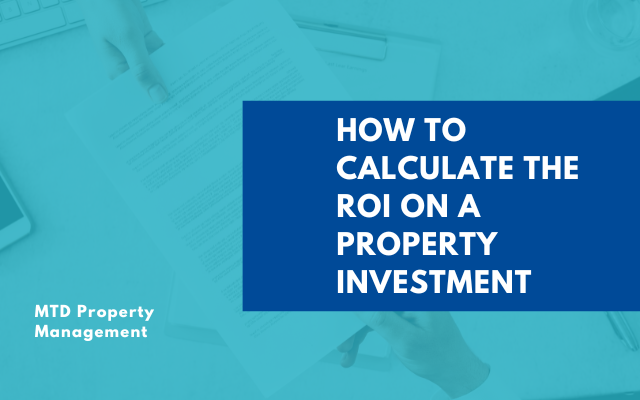Top Tenant Complaints and How to Solve Them

As a landlord, you’ve probably had your fair share of disagreements with tenants. Since no one is satisfied all the time, providing excellent service won't make you immune to the occasional complaints.
It's crucial to learn how to handle tenant complaints properly to keep your renters happy and encourage lease renewals. In order to prepare you to handle tenant disputes, we’ve detailed the most common tenant grievances below.
Pet Concerns
Pet complaints are common when you rent to tenants who have dogs. The majority of pet complaints are about noise, aggression, and owners not cleaning up after their pets.
Because barking can be disruptive, sending a warning to the pet owner is a good idea. If the noise continues, you can evict the tenant causing the disturbance so you don’t lose other tenants in the vicinity.
Tenants with pets should also be responsible enough to clean up after their pets. You can issue warnings and refer to your lease's pet addendum for more information. If the problem persists, eviction may be the only possible solution.
Maintenance and Repair Requests
Keeping tenants satisfied requires providing a comfortable, safe, and habitable environment.
Normal wear and tear will occur when tenants dwell in a property for several years. Because of this, you’ll need to prioritize regular maintenance and repair.

Maintenance requests should be handled based on their level of urgency.
High priority issues include problems with
HVAC, electrical, and plumbing systems or immediate safety concerns and life-threatening situations. Conversely, low-priority concerns include faulty appliances or minor faucet leaks.
Other tenant complaints could be related to things that are out of your control. This could involve things like garbage disposal issues
You can also receive requests for damage caused by tenant negligence. This could involve, for example, broken windows or damage to a sliding door. You can perform repairs on these fittings at the tenant’s cost.
Noisy Neighbor Complaints
This grievance is self-explanatory. A tenant may be known for hosting large parties or playing their electric guitar loudly at 3 a.m. How do you
deal with the noise complaints? The first step is to request that your tenant resolves the situation themselves to improve relations between your tenant and their neighbors.
They should be able to communicate their demands or wishes to the offending neighbor and get the situation handled. Should this not be the case, be prepared to intervene and resolve the problem.

Refer to the conditions of your lease agreement if the noisy neighbor lives on your property. There should be a provision on the lease that protects every tenant's right to quiet enjoyment of the property.
The city's bylaws are your greatest resource if the noisy neighbor is not your tenant.
Concerns About Pest and Rodent Infestations
Bedbugs, rodents, cockroaches, termites – any tenant could be put at risk because of these pests. If you have received complaints about a bug or rodent problem you must respond as quickly as possible.
Do your homework and
get an experienced exterminator on your side if you don't already have one on speed dial. Regular assessments of your property are important to avoid pest issues. Inspections enable you to see signs of infestation early on so you can prevent a severe problem.
Lack of Privacy
Since landlords have access to their property and may access it frequently, tenants may feel like they have no privacy. Before entering a rental for maintenance or routine site inspections, property managers and landlords must give renters at least 24 hours' notice.
Ensure your tenant receives your notice of intent to enter the premises; you can do this by requesting a read receipt via email or a confirmation text message or phone call.
Landlords and property managers should inspect the property at least once a quarter to ensure that it’s in good working order. Give your tenants your inspection schedule at the start of each year, so they know when to expect you.
Poor Communication
Tenants are often concerned that landlords and property managers fail to explain their expectations regarding the property. Be sure to go over the lease with your tenant and ensure they understand all terms and conditions.

You can even send seasonal reminders about yard chores and routine weather maintenance responsibilities. Check in with your tenant on a quarterly or semi-annual basis to see how they’re doing and discuss any property issues. This will allow them to raise questions, express concerns, and clarify any information they’re unsure of.
Security Deposit Refund
Landlords and property managers are often accused of keeping too much of a tenant's security deposit. Provide your tenant with a move-in and move-out checklist that includes the criteria from your inspection report and the state you anticipate your property to be in when they leave.
Be sure to return their deposit to their forwarding address after they've moved out, along with an explanation of charges. If you're going to make deductions, ensure that you're explicit about them and provide an itemized list and explanation.
The clearer you are, the less likely they are to contest your claims. Always utilize images to show the extent of the damage.
Increases in Rent
Rent increases are another major tenant concern. To keep up with
inflation in the rental market, you'll need to
adjust the rent sometimes. Tenants, understandably, dislike having to pay more for a property that they’ve lived in for a while.
Tenants may get upset due to a rent increase, especially if it is significant! Any rent adjustments should be communicated to renters well in advance. This way, when the time comes to renew their lease, they won't be caught off guard.

It’s also helpful to explain any rent increases. A small increase due to inflation is appropriate and ensures that tenants aren't paying above market value, which can help prevent feelings of resentment.
Bottom Line
Maintaining relationships with your tenants can be difficult, especially when you’re a DIY Landlord with multiple properties.
MTD Property Management is one of Chicago's most reputable property management firms. Thanks to our highly qualified workforce, quick response times, and attention to detail, we've become the go-to company for dependable property management services.
Our Chicago property management firm is here to help you achieve your financial goals whether you’re a first-time property investor or a seasoned property owner.
Our long-term commitment to Chicago property management expertise means that both property owners and their tenants enjoy first-rate service and efficient rental management.
Reach out to us today for more information on our property management services!









